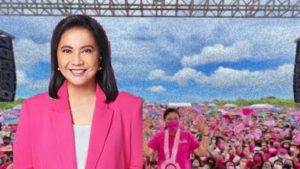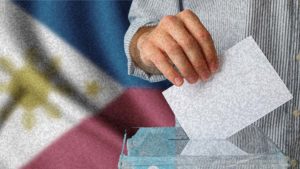Charter change is not new. The move to change our form of government to federalism in order to equalize the locus of power has been part of the Philippines’ experimentation at institutional change since 1991 (Mendoza 2018).
Under Duterte, attempts at reformulating the narratives of the federal shift, have only unearthed deep seated issues and struggles for indigenous peoples’ representation in the Bangsamoro region, and equitable politico-economic power distribution against serfdoms at the local level (Oreta 2018; Candelaria 2018). Yet what is consistent with the current and emerging discourses is charter change, conflated with the contending issues on foreign ownership (Lao 2018), terms of office and possibly, the “hidden agenda” of transitory provisions (Lim 2018).
The paradox of our age has not been more evident: Firstly, federalism is “shaped by the political needs of … the policy elites” and “local predatory powers” (Candelaria 2018) versus than “definitive demand” (Lao 2018); secondly, the clutches of global and transnational (security) networks inevitably blur traditional national and local lines of power sharing (Oreta 2018) and thirdly, the attempts at tinkering with the constitution is not without unintended consequences (Lao 2018).
Our task in academia is to push for reforms towards “genuine polyarchic democratic conditions at the local level” (Juliano 2018). As Juliano (2018) points out, “to assume pure decentralization and strengthening local autonomy as our panacea is an unsupported idea…”. What we need are tried and tested means for a “coming together project”: accountable and independent local bureaucracies and political offices; continuing political education and engagement (Candelaria 2018; Lao 2018).

Forum on the Philippine Electoral Counting Process
The Department of Political Science wishes to invite the public to a forum on the


